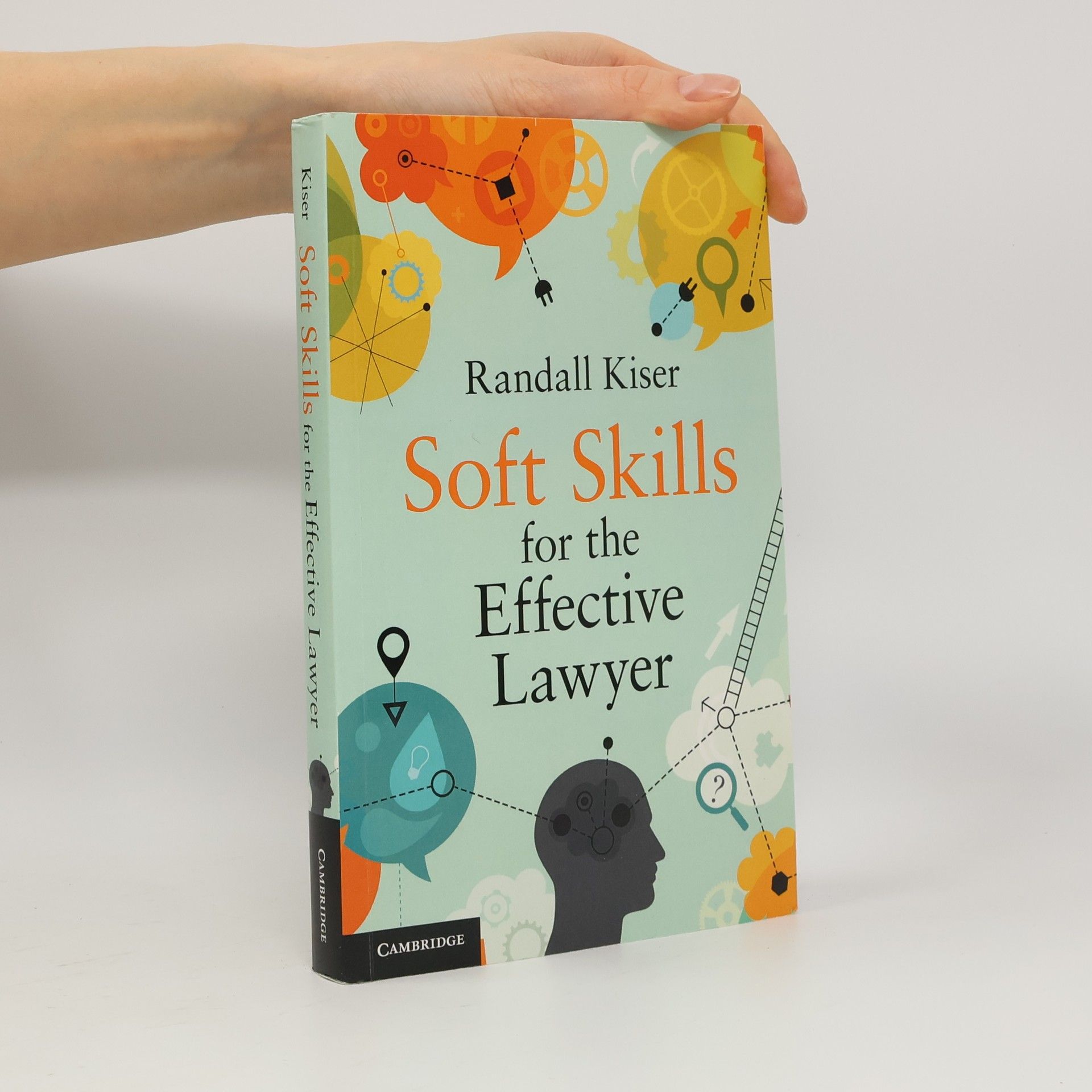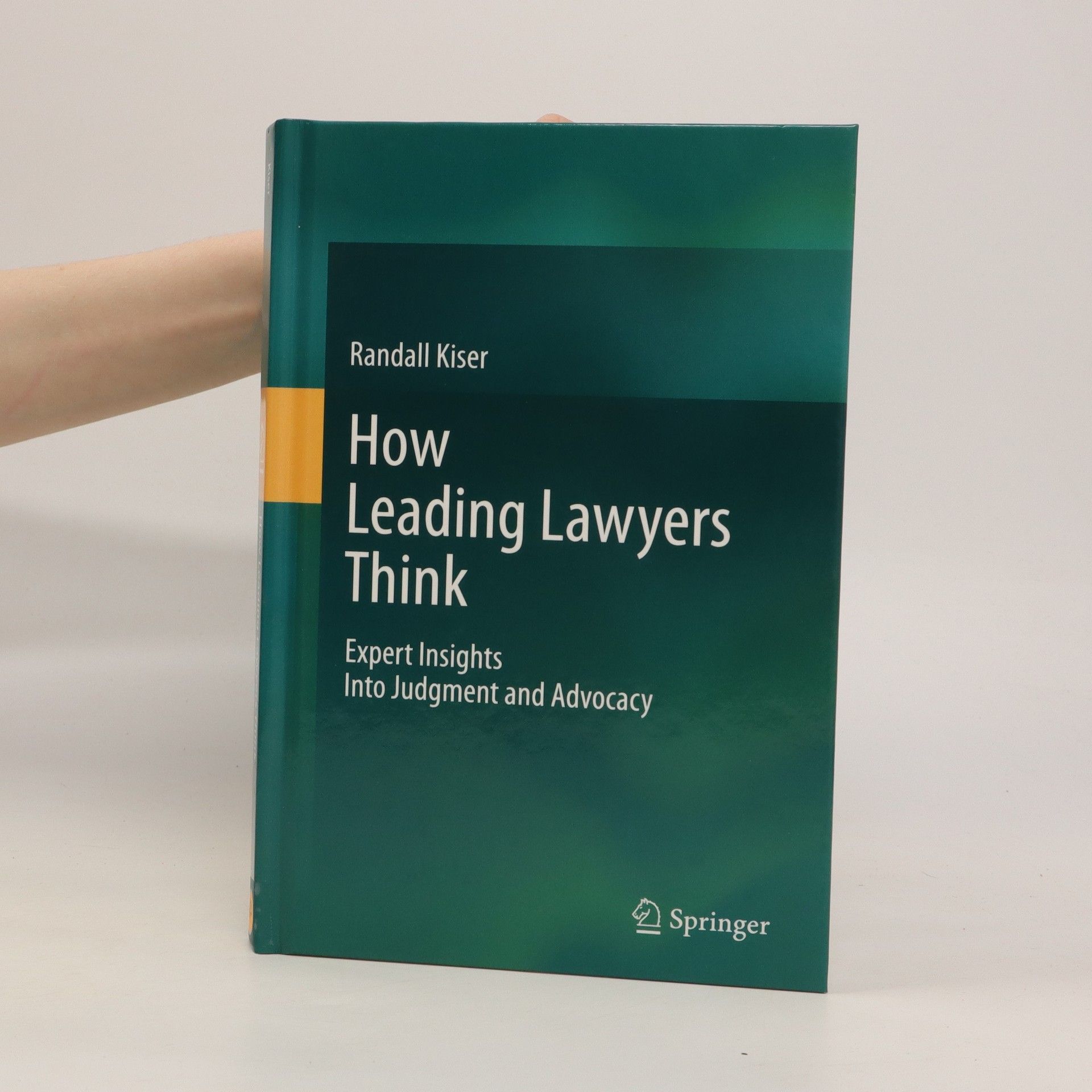How lawyers think
- 281pagine
- 10 ore di lettura
In this book, 78 leading attorneys in California and New York describe how they evaluate, negotiate and resolve litigation cases. Selected for their demonstrated skill in predicting trial outcomes and knowing when cases should be settled or taken to trial, these attorneys identify the key factors in case evaluation and share successful strategies in pre-trial discovery, negotiation, mediation, and trials. Integrating law and psychology, the book shows how skilled attorneys mentally frame cases, understand jurors’ perspectives, develop persuasive themes and arguments and achieve exceptional results for clients.


